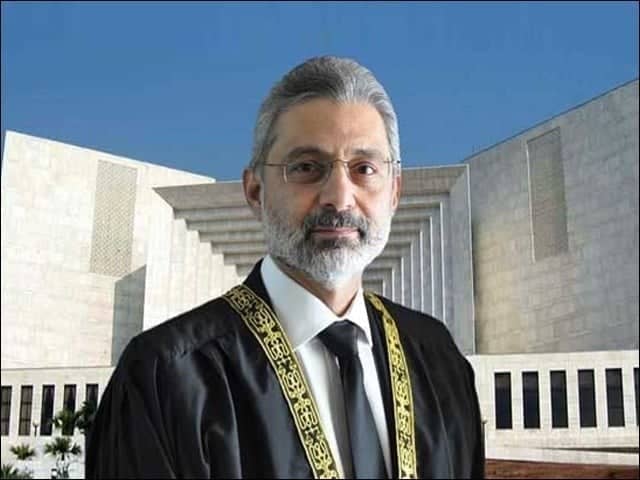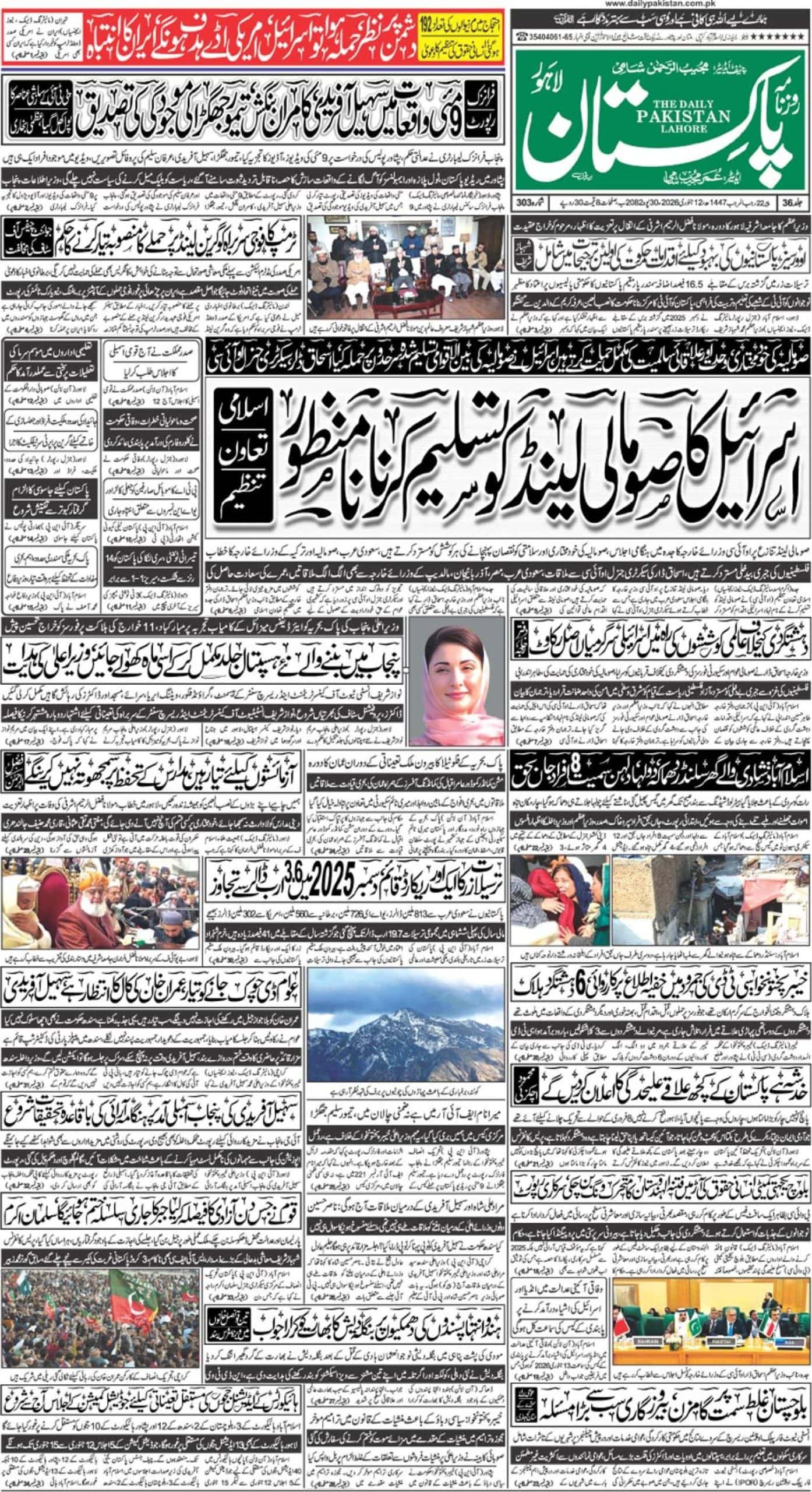In a pivotal development, the Supreme Court of Pakistan has approved the federal government’s request to remove objectionable paragraphs from its earlier decisions in the Mubarak Sani bail case. This decision, announced on August 22, 2024, marks a significant amendment to the court’s rulings dated February 6 and July 24 of this year.
The review petition, filed by the Punjab government, was heard by a three-member bench led by Chief Justice Qazi Faiz Isa. The bench, following arguments from scholars and representatives of religious groups, issued a brief decision to amend the previous judgments. The removed paragraphs are now explicitly excluded from being used as precedents in future cases.
Chief Justice Qazi Faiz Isa emphasized the court’s commitment to rectifying any errors, noting that such corrections are essential to uphold the integrity of judicial proceedings. During the hearing, he acknowledged the feedback received from various stakeholders, including the Parliament and prominent religious figures.
In a notable move, the Chief Justice invited religious scholars such as Mufti Taqi Usmani and Maulana Fazlur Rehman to provide input on the case. Mufti Taqi Usmani participated via video link from Turkey, requesting the removal of specific paragraphs and adjustments to the case’s provisions. He argued that the court should leave the application of certain legal provisions to the trial court and adopt an open-minded approach to rectifications.
Maulana Fazlur Rehman supported Mufti Taqi Usmani’s suggestions and called for a comprehensive review of the entire decision. He expressed his appreciation for the court’s willingness to address concerns and rectify mistakes.
The court has decided to seek further assistance from a panel of scholars and religious leaders, including Mufti Taqi Usmani, Maulana Fazlur Rehman, and others, to ensure that all perspectives are considered in the final judgment.
Dr. Atta-ur-Rahman and other scholars also contributed to the proceedings, highlighting the importance of aligning judicial decisions with Islamic principles and acknowledging positive aspects of the court’s approach. They expressed hope that this review would result in a fair and suitable resolution for all parties involved.
As the court proceeds with the review, the legal community and the public await the final decision, which is expected to address the concerns raised and uphold the principles of justice and fairness.













